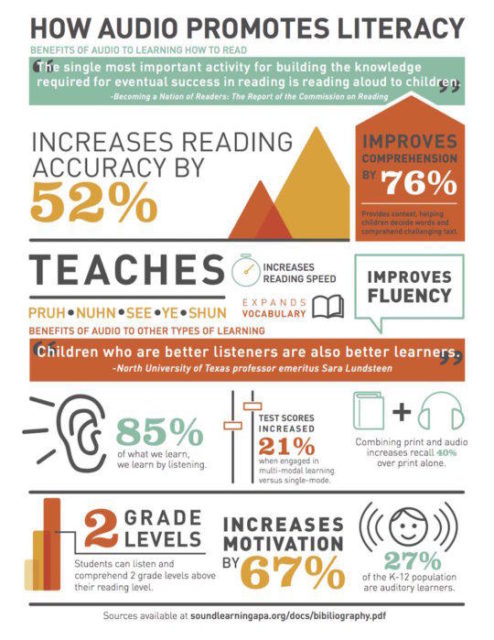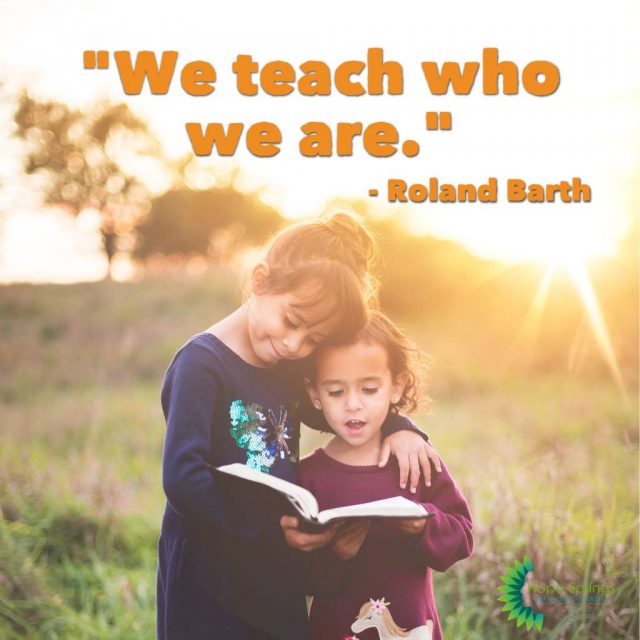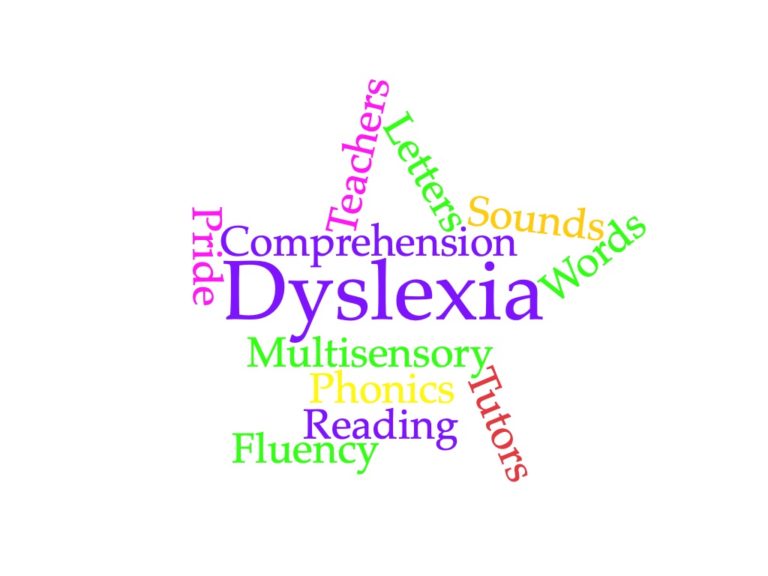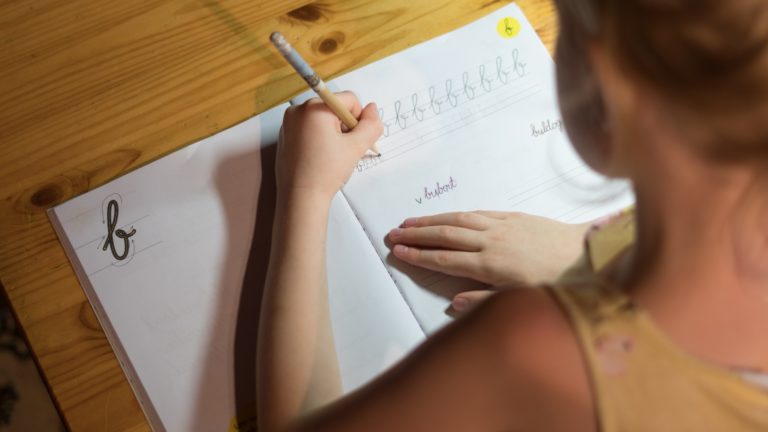Audiobooks Are Helpful for Everyone!
Many people have heard about audiobooks, but very few realize how helpful they can be. Audiobooks can introduce a new world of reading for many people. Oftentimes, after work or school, people are restless or physically tired. Additionally, some people are reluctant to read, and would rather watch TV, use electronics, or do anything else. And some […]
![]()








